
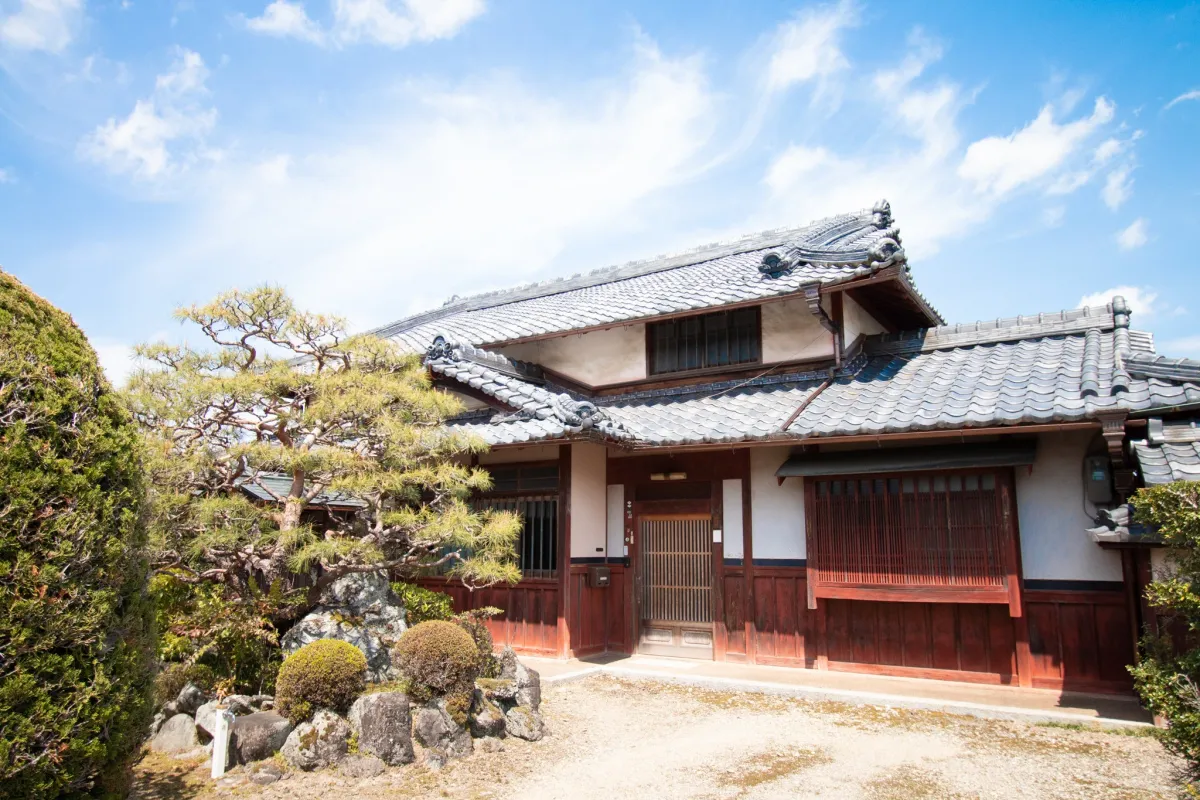
Airbnb Announces Akiya Design Project to Revitalize Japanese Homes and Culture
Airbnb's Akiya Design Project
In an impressive initiative aimed at addressing Japan's housing crisis, Airbnb has partnered with esteemed figures Kiko Mizuhara and Laura to announce the Akiya Design Project. Launched by Airbnb's co-founder and CEO, Brian Chesky, this project focuses on revitalizing old and vacant homes, transforming them into attractive accommodations for travelers while also contributing to the preservation of Japan's cultural heritage.
Currently, Japan faces a significant challenge with over 9 million vacant homes, a number expected to increase drastically in the next decade. In collaboration with the National Association for the Restoration of Old Folk Houses, Airbnb is set to tackle this pressing issue through the Akiya Design Project, facilitating regional revitalization and promoting decentralized tourism.
Kiko Mizuhara and Laura will use their creative expertise to enhance the interiors and styling of two traditional homes, previously unoccupied, turning them into listings available for Airbnb guests. This endeavor not only seeks to preserve Japan's rich cultural heritage but also introduces these exquisite homes to a new generation of travelers globally.
Project Details
The Akiya Design Project will feature two listings situated in historic locales: one in Koga City, Ibaraki Prefecture, and the other in Kameoka City, Kyoto Prefecture. These homes stand in nature-rich areas, away from the usual tourist trails, offering a unique glimpse into Japan's cultural and historical essence while promoting a deeper connection with local communities.
1. Koga City Listing: Run by Mitoki Yamanaka, this traditional farmhouse spans over 10 hectares and is over 150 years old. Its enchanting main house, along with the impressive entrance and the surrounding seasonal flowers, evokes Japan's rural landscape. Yamanaka was captivated by the high-quality materials used in its construction, viewing it not just as a historical farmhouse, but as a vital asset to be passed down to future generations.
2. Kameoka City Listing: Managed by Mami Murata, this home was originally cherished by her grandparents. Built 70 years ago, it served as a workspace for a tile manufacturing business that spanned four generations, from the Meiji to the Heisei era. Mami lovingly maintains the building to preserve its historical integrity, allowing guests to experience the rich history of tile production while enjoying breathtaking rural views typical of Japanese houses.
Both listings are projected to open for bookings in the fall of 2025.
Perspectives from the Collaborators
Brian Chesky expressed pride in supporting the regeneration of Japan's vacant homes through this project, stating, “By restoring these historically significant houses and adding new allure, we aim to protect Japan's rich cultural assets and introduce these wonderful homes to a new generation of travelers from around the world.”
Kiko Mizuhara shared her enthusiasm for blending her style with traditional Japanese architecture, highlighting her desire to unveil these lesser-known yet beautiful homes to travelers. “I look forward to bringing out the charm of the Koga City listing and sharing Japan’s allure with the world,” she stated.
Laura, too, resonated with the idea of revitalizing ancient homes while respecting their original wisdom and aesthetics. “It’s a wonderful endeavor. I hope to create a space that allows guests to deeply appreciate the beauty of Japan's traditional houses,” she said, equally excited about the Kameoka project.
Preservation Through Collaboration
The National Association for the Restoration of Old Folk Houses welcomes this collaboration with Airbnb, emphasizing their commitment to protecting and breathing new life into Japan's invaluable architectural heritage. As Kono Kimihiro, the association's secretary-general, noted, “I am incredibly honored to collaborate with Airbnb on the Akiya Design Project, ensuring that these culturally significant buildings are transformed into vacation rentals while preserving their beauty.”
Airbnb originated in 2007 when two hosts welcomed three guests into their San Francisco home. Since then, it has grown to include over 5 million hosts and welcomed more than 2 billion guests around the globe, providing unique stays that foster connections between visitors and local cultures.
As the Akiya Design Project unfolds, it promises not only to combat the issue of vacant houses in Japan but also to offer travelers an authentic experience in the heart of Japan’s cultural landscapes.
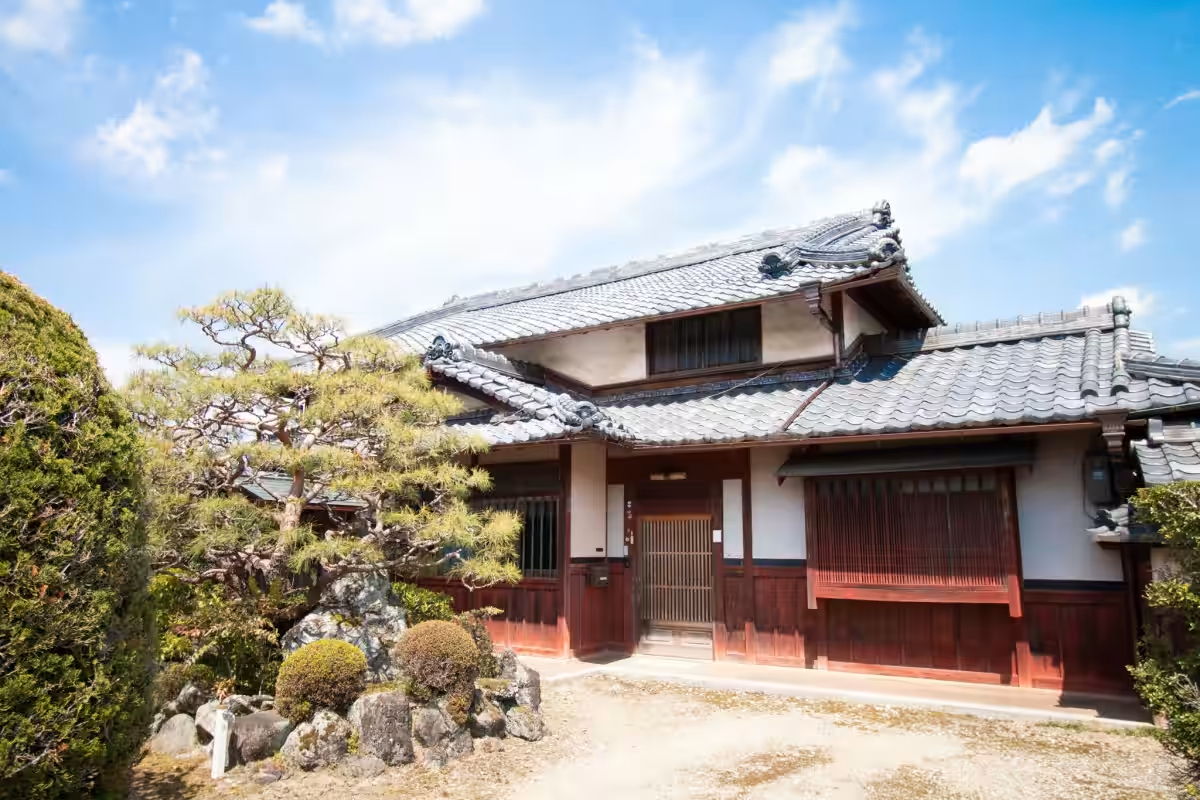
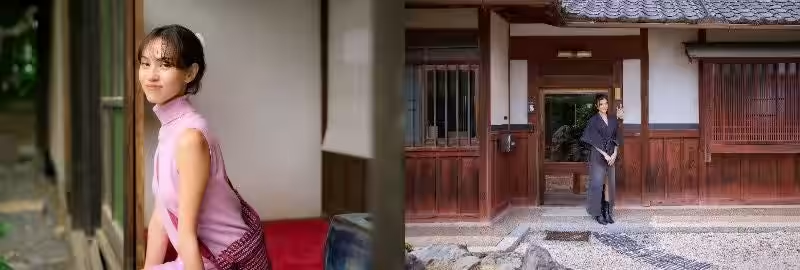
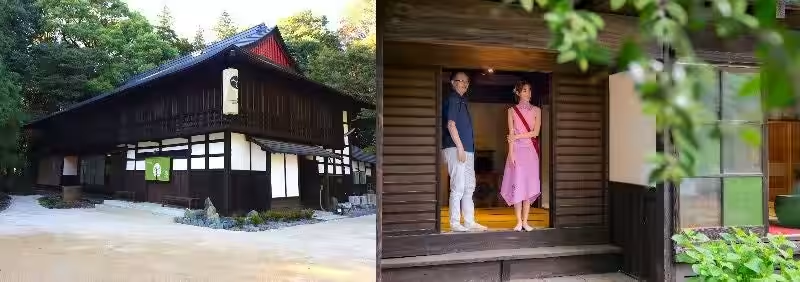
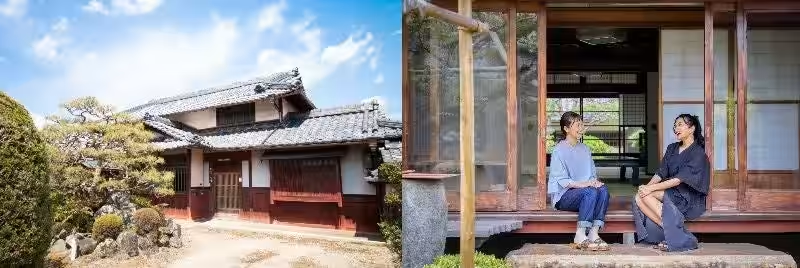
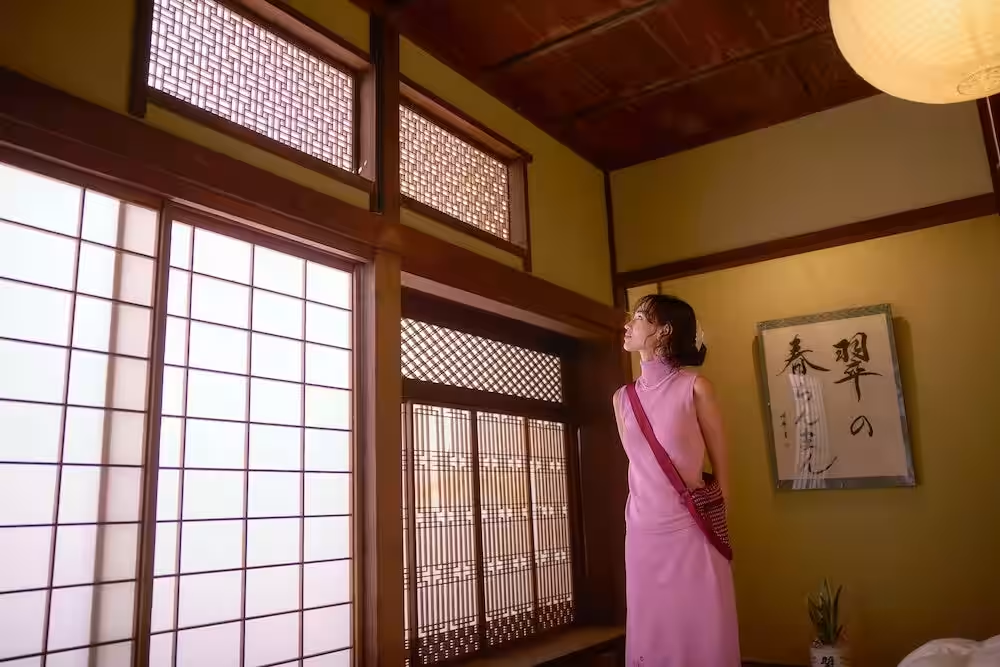
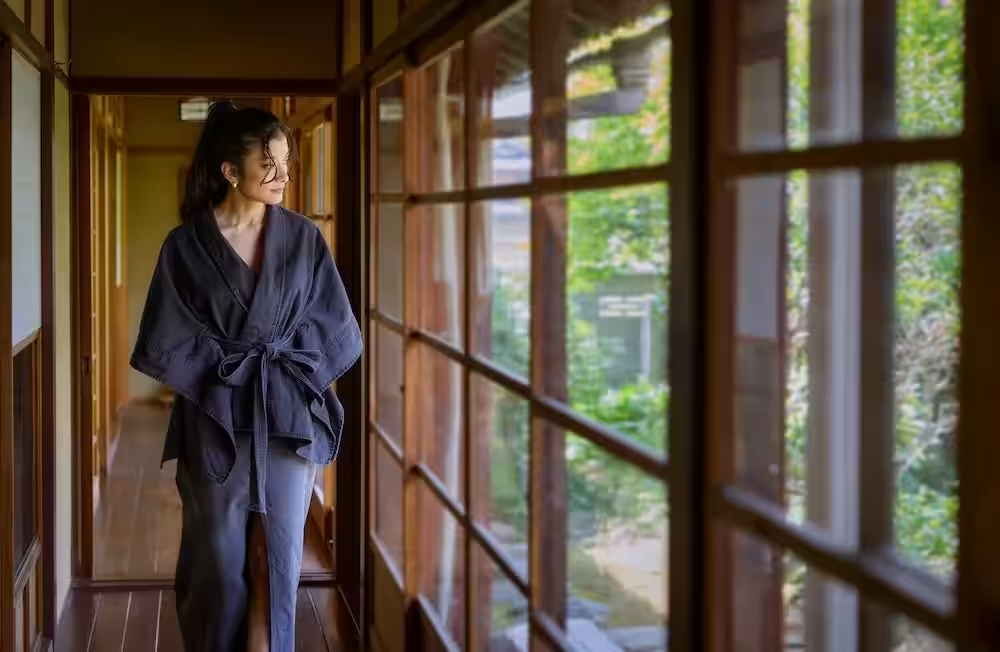
Topics Travel)



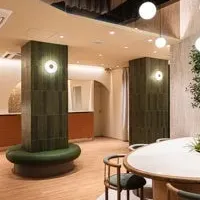






【About Using Articles】
You can freely use the title and article content by linking to the page where the article is posted.
※ Images cannot be used.
【About Links】
Links are free to use.